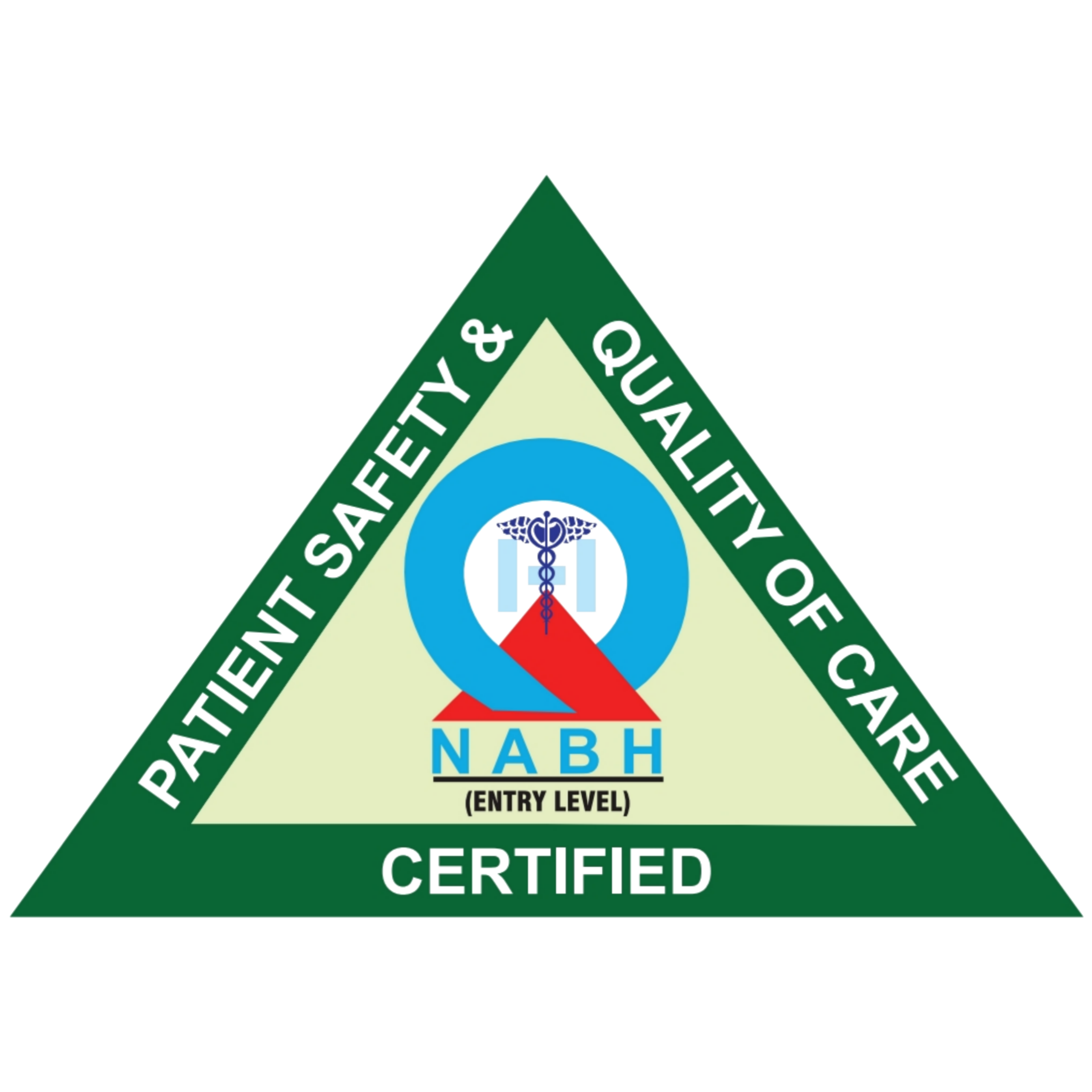The Comprehensive Guide to Choosing the Right Nursing Home for Your Loved One
Choosing a nursing home for a loved one is one of the most significant decisions a family can make. With so many options and factors to consider, the process can feel overwhelming. This comprehensive guide will walk you through the essential steps to finding a facility that meets your loved one’s medical, emotional, and social needs, ensuring they receive the compassionate care they deserve.
1. Assess Your Loved One’s Needs
Start by evaluating the specific needs of your loved one. Every individual has unique requirements, so knowing these in advance will help narrow down your choices.
- Medical Needs: Consider chronic health conditions, necessary medications, and any specialized care (e.g., dementia, physical therapy).
- Daily Living Assistance: Determine how much support is needed with daily activities such as bathing, dressing, and mobility.
- Social and Emotional Needs: Think about whether your loved one would benefit from a community environment, social events, or specific cultural or religious affiliations
2. Types of Nursing Homes: Which Is Right for You?
Understanding the types of facilities available can help ensure you choose the best fit.
- Skilled Nursing Facilities: Offer 24/7 medical support and are best for those with complex health needs.
- Assisted Living Facilities: Provide a more independent environment, with help for activities of daily living and minimal medical care.
- Memory Care Facilities: Specifically designed for individuals with Alzheimer’s or dementia, offering specialized staff and a secure environment. umfangreichen Angebot widmen.
- Respite Care Options: Temporary stays for short-term care, ideal for individuals who need care only during a certain period or for family caregivers needing a break.

3. Research and Shortlist Potential Facilities
Create a list of potential nursing homes by researching online, talking with healthcare providers, or asking friends and family for recommendations. Look for reviews, ratings, and certifications to get a feel for each facility.
- Licensing and Accreditation: Ensure the facility is licensed by state authorities and certified by organizations like the Joint Commission.
- Specialized Services and Amenities: Check if they offer services that align with your loved one’s needs (rehabilitation, memory care, hospice).
- Proximity to Family: Consider the location so family members can visit frequently
4. Visit and Tour Each Facility
Visiting the facility in person is one of the most critical steps in the decision-making process.
- First Impressions: Notice the cleanliness, atmosphere, and overall environment.
- Staff Interaction: Observe how the staff interacts with residents. Are they friendly, respectful, and attentive?
- Resident Engagement: Look for residents’ social engagement—are there activities or common areas where residents can interact?
- Safety and Security Measures: Check for safety features such as handrails, well-lit hallways, secure entries, and emergency response systems.
5. Evaluate the Quality of Care
High-quality care is paramount, so it’s important to assess this aspect thoroughly.
- Staff-to-Resident Ratio: A lower ratio often means more personalized attention for each resident.
- Staff Qualifications: Inquire about the training and certifications of the staff, particularly for specialized care.
- Health and Hygiene Standards: Ask about policies for infection control, cleanliness, and resident hygiene.
- Resident Satisfaction: Ask if you can speak with current residents or their families to get a sense of the quality of care and satisfaction.
6. Review Financial Considerations
Understanding the costs and payment options is essential, as nursing home care can be a significant investment.
- Cost of Care: Get a clear breakdown of monthly fees and any additional services that may incur extra charges.
- Insurance and Benefits: Determine what part of the cost, if any, is covered by Medicare, Medicaid, or other insurance. Some facilities also accept long-term care insurance.
- Payment Plans and Financial Assistance: Ask if the facility offers payment plans, sliding scales, or financial assistance options.
7. Consider the Facility’s Culture and Activities
A good nursing home should offer a welcoming, vibrant community for residents to feel at home.
- Activities and Events: Review the types of activities offered, from physical exercise to social events, art classes, or field trips.
- Community Involvement: Some nursing homes foster a sense of community by allowing family members to join in activities or events.
- Cultural and Religious Support: Check if the facility accommodates cultural or religious practices that may be important to your loved one.
8. Making the Final Decision
Once you’ve evaluated each nursing home, consider these final questions:
- Does the facility align with your loved one’s values and lifestyle preferences?
- Do you feel confident in the staff’s ability to provide compassionate and consistent care?
- Does the facility meet all your criteria for safety, quality of care, and comfort?
Conclusion
Choosing a nursing home is a big step, but it can be a positive one for your loved one’s quality of life and well-being. By taking the time to assess their needs, research options, and carefully evaluate each facility, you can feel confident that you’re making the best decision. Remember, this process is about finding a place where your loved one will not only receive quality care but also feel at home.


